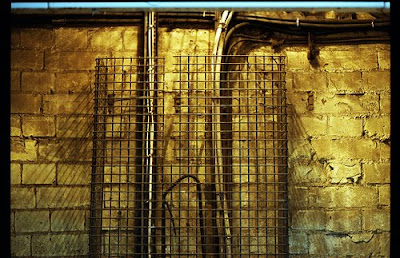 see here for information from PEN on Liu Xiaobo
see here for information from PEN on Liu Xiaobofrom PEN: This Thursday, New Year's Eve, PEN will hold an outdoor press event in midtown Manhattan to demand the release of Liu Xiaobo, who was sentenced on Christmas Day to 11 years in prison for his writings in China.
The press event will feature several prominent Members of PEN American Center reading short passages from Liu's work. The event begins promptly at 11 a.m.
The event rings in a year that marks the 50th anniversary of PEN's activism on behalf of writers who are jailed or face persecution because of their work. Joseph Brodsky, Wole Soyinka, Vaclav Havel, Jose Revueltas, Pramoedya Ananta Toer, Alicia Portnoy, Salman Rushdie, Orhan Pamuk, and Taslima Nasreen, are just a few of the hundreds of writers PEN has freed or defended over the years.
There are currently almost 1,000 writers on PEN's list of writers and journalists in danger because of their work. Leading the list is Liu Xiaobo, one of China's most prominent writers and a past president and member of the Independent Chinese PEN Center, which is doing on-the-ground PEN advocacy in China. Liu was convicted of "inciting subversion of state power" for co-authoring "Charter 08," a petition calling for political and human rights reforms in China, and for seven sentences in five articles he published on the internet that are critical of Chinese authorities.
PEN American Center President Kwame Anthony Appiah called his 11-year sentence "a scandal" and "a mockery," and PEN Members around the world have vowed to step up efforts to win his release.


































